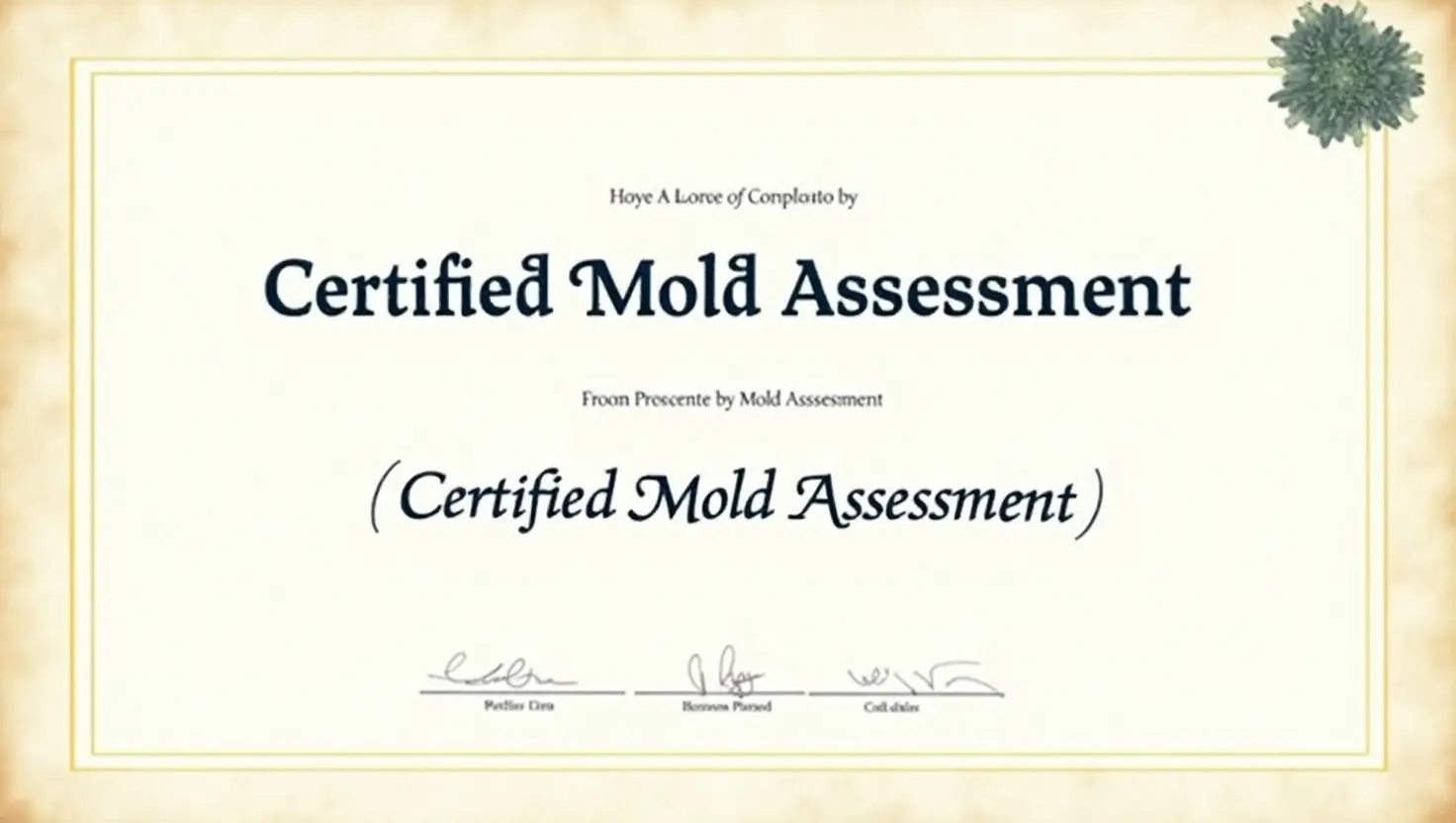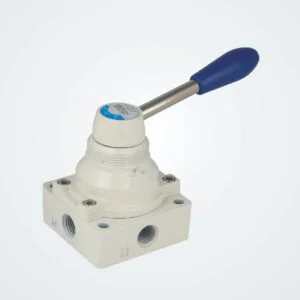
When it comes to protecting your property from mold damage, not all inspections are created equal.
In fact, the difference between hiring a general inspector versus choosing a professional who offers a Certified Mold Assessment can be the difference between peace of mind and a lingering, costly problem.
Here’s why certification matters — and why you should never settle for less when it comes to your health and home.
What Is a Certified Mold Assessment?
A Certified Mold Assessment is a detailed evaluation conducted by a professional who has undergone formal training, passed industry examinations, and obtained recognized certification from state or national organizations.
This certification isn’t just a title — it represents:
- Deep knowledge of mold biology, moisture control, and building science
- Mastery of industry-standard inspection and sampling methods
- Commitment to ethical, unbiased assessments
Professionals who perform Certified Mold Assessment services are trained to detect not only visible mold but also hidden infestations that could compromise air quality, structural integrity, and overall property value.
Why Certification Is Crucial for Accurate Results
Mold can be sneaky. It often lurks inside walls, under floors, in attics, and inside HVAC systems — far beyond what a simple visual check can reveal.
Without the proper training and tools, inspectors can easily:
- Miss hidden mold colonies
- Misidentify harmless surface discolorations as mold
- Overlook key sources of moisture
Choosing a certified mold assessor ensures a scientific, thorough process that uses:
- Air and surface sampling
- Moisture meters and infrared thermal imaging
- Laboratory analysis
- Detailed reporting with clear next-step recommendations
How Certification Protects You Legally and Financially
In many states, including Florida, mold assessors must hold a license backed by certification to legally perform inspections.
Working with a non-certified individual could leave you vulnerable to:
- Inaccurate or invalid reports
- Missed insurance claim opportunities
- Legal complications in real estate transactions
A Certified Mold Assessment provides legitimate documentation that can support insurance claims, property disclosures, and buyer negotiations — offering you vital protection when it matters most.
What to Look for in a Certified Mold Assessor
Before hiring a mold inspector, make sure they:
- Hold a valid mold assessor license in your state
- Have certifications from recognized organizations
- Use independent, third-party labs for sample analysis
- Offer clear, detailed reports (not just a verbal opinion)
- Remain independent from mold remediation services to avoid conflicts of interest
Asking for credentials upfront is not rude — it’s smart.
Final Thoughts
Your home or business is one of your biggest investments — don’t gamble with it.
Choosing a Certified Mold Assessment ensures you receive expert, unbiased information you can trust.







